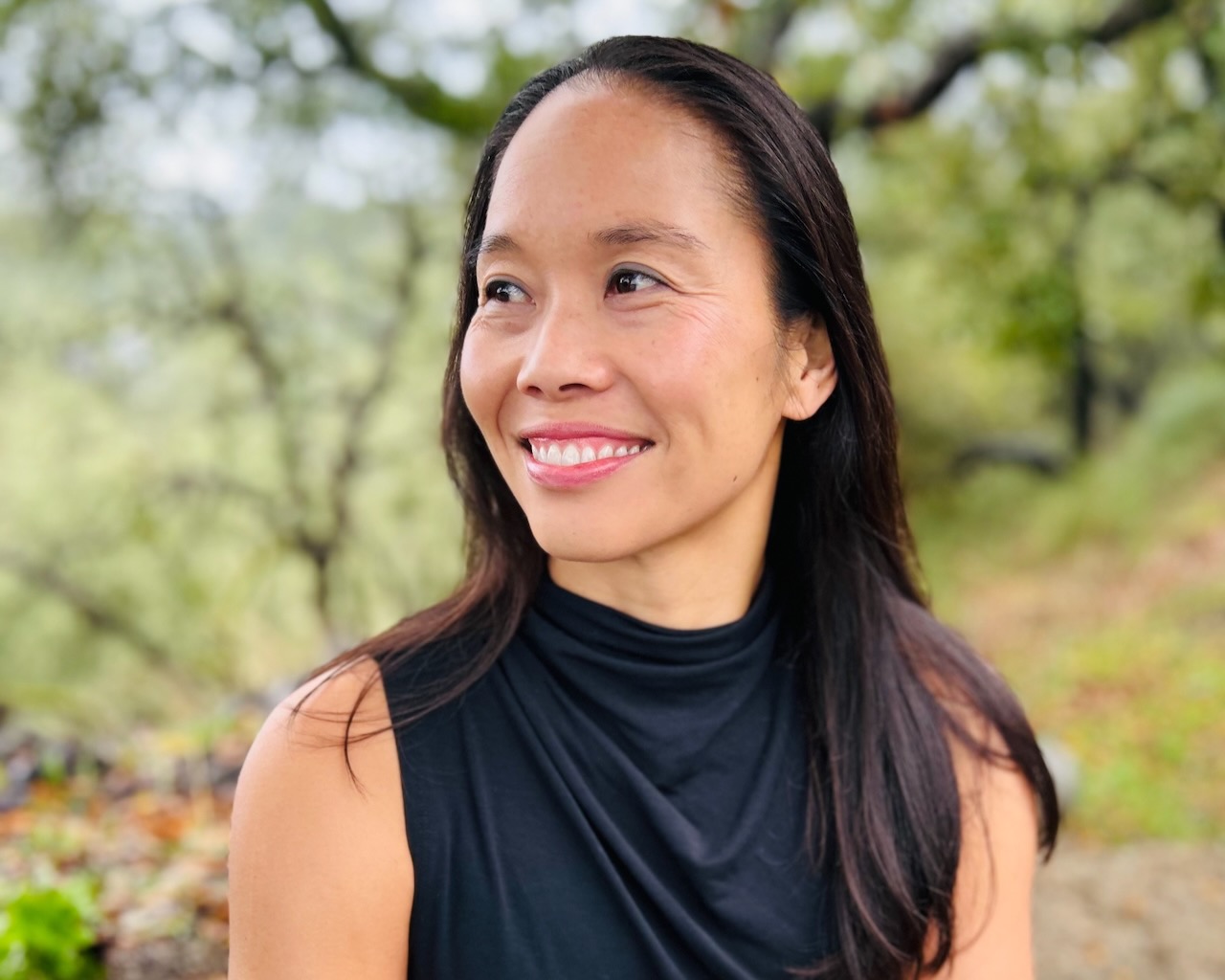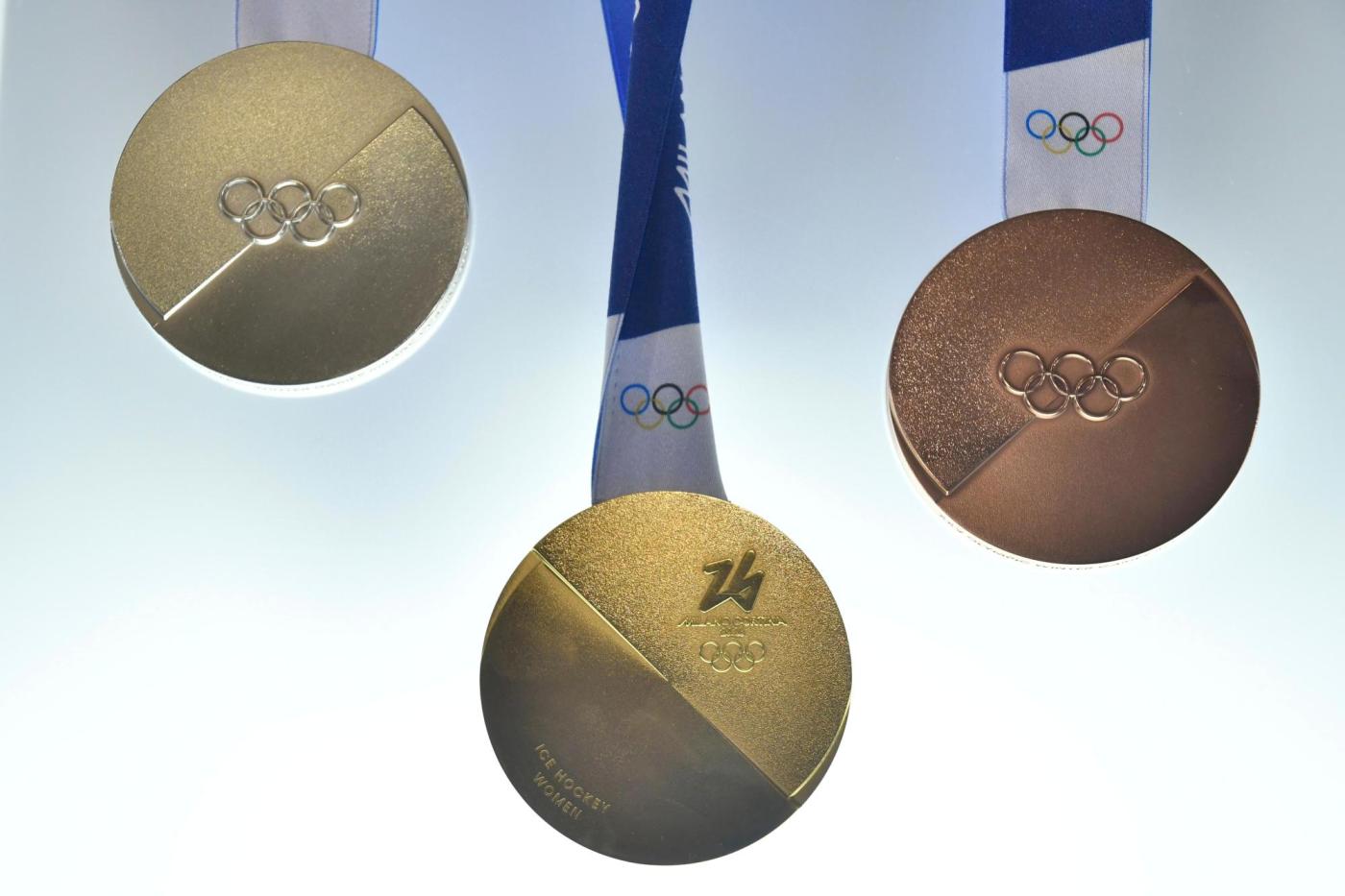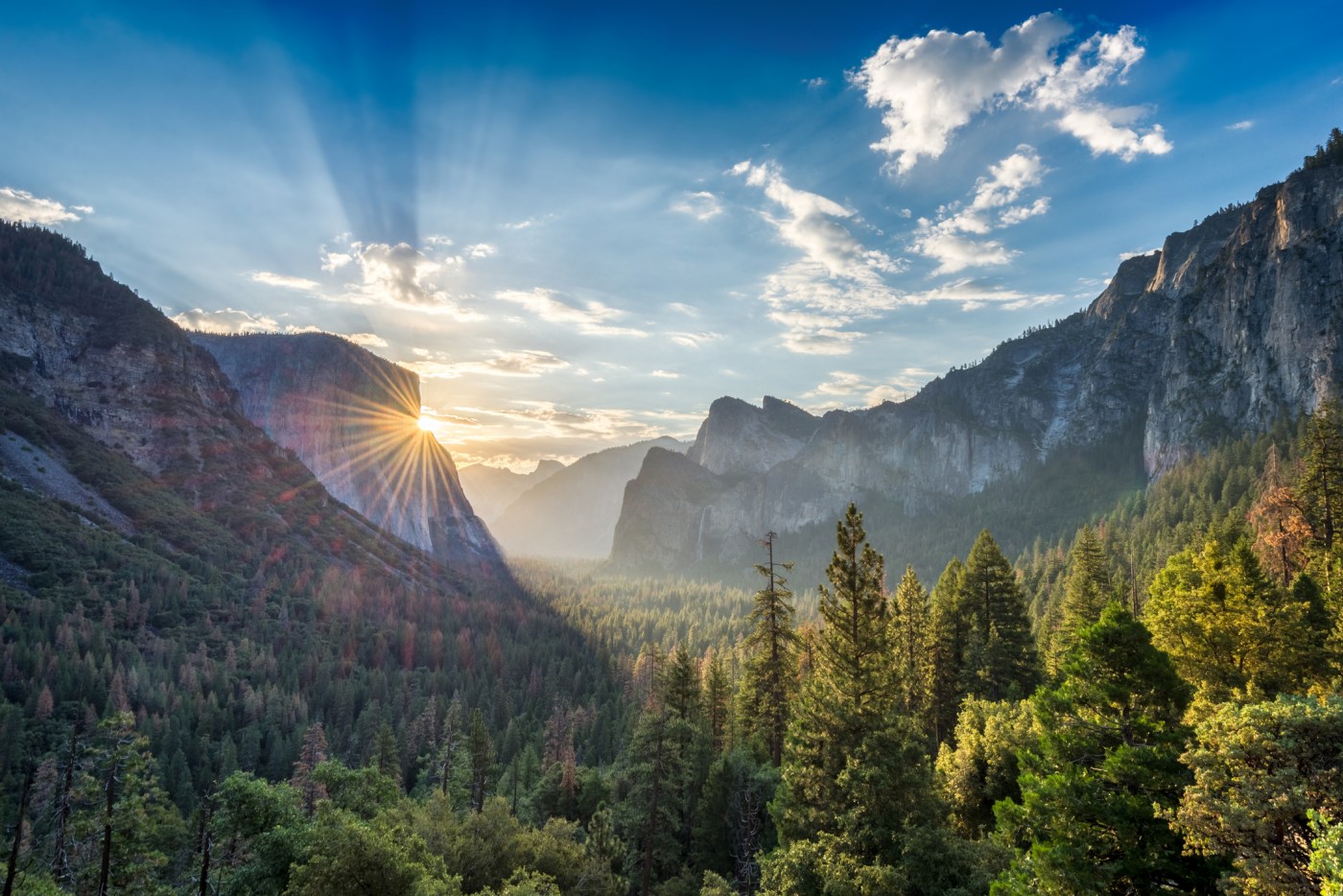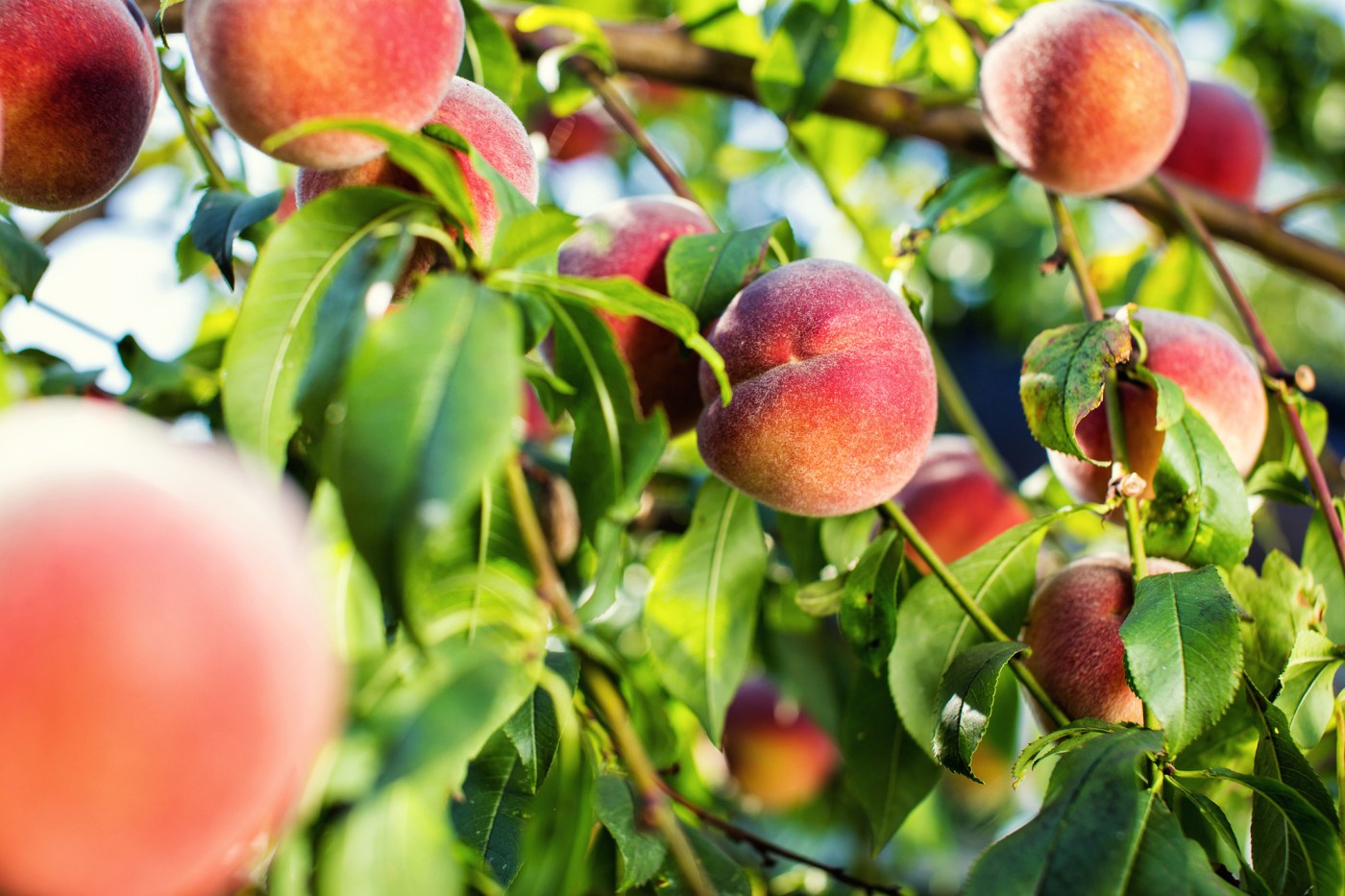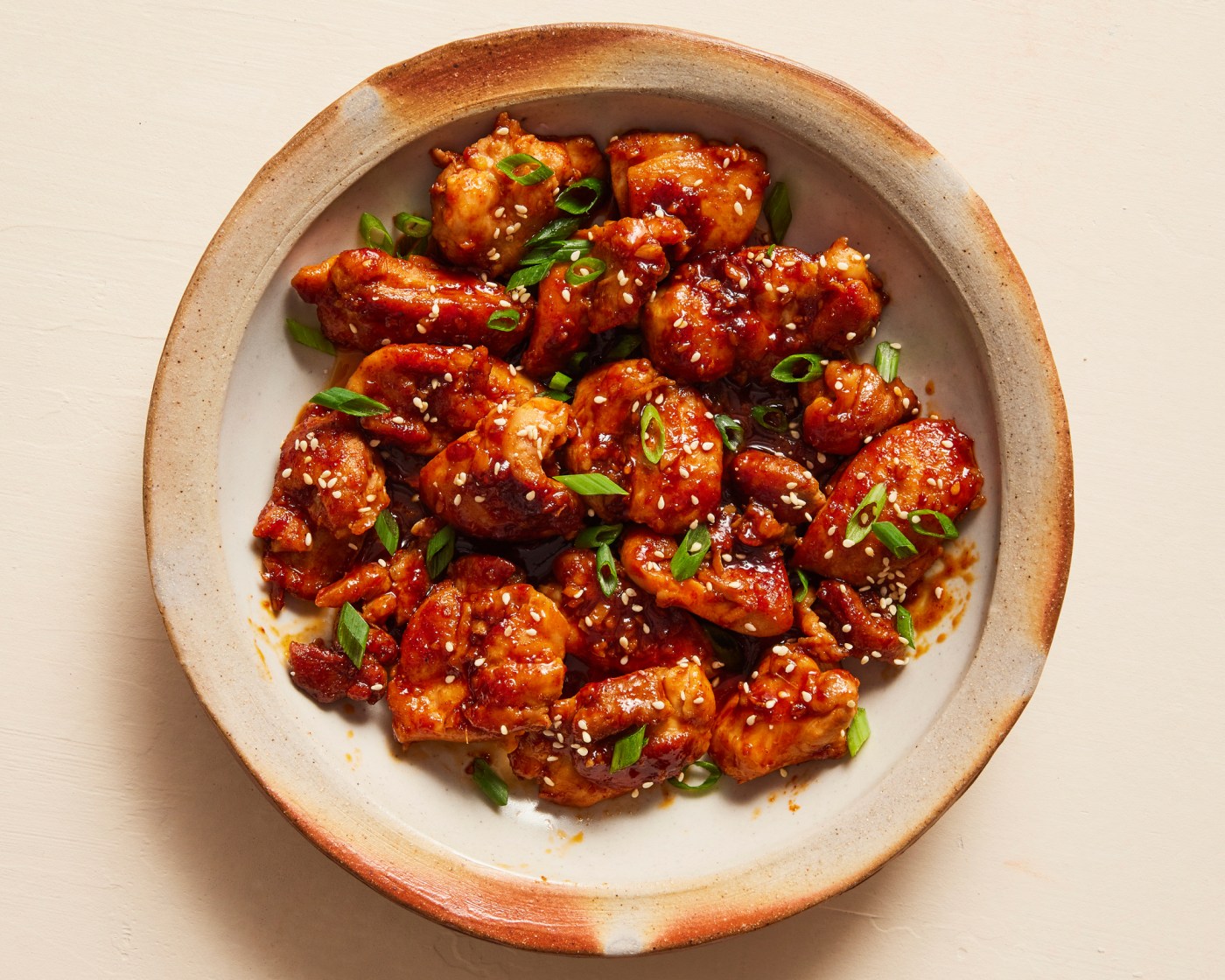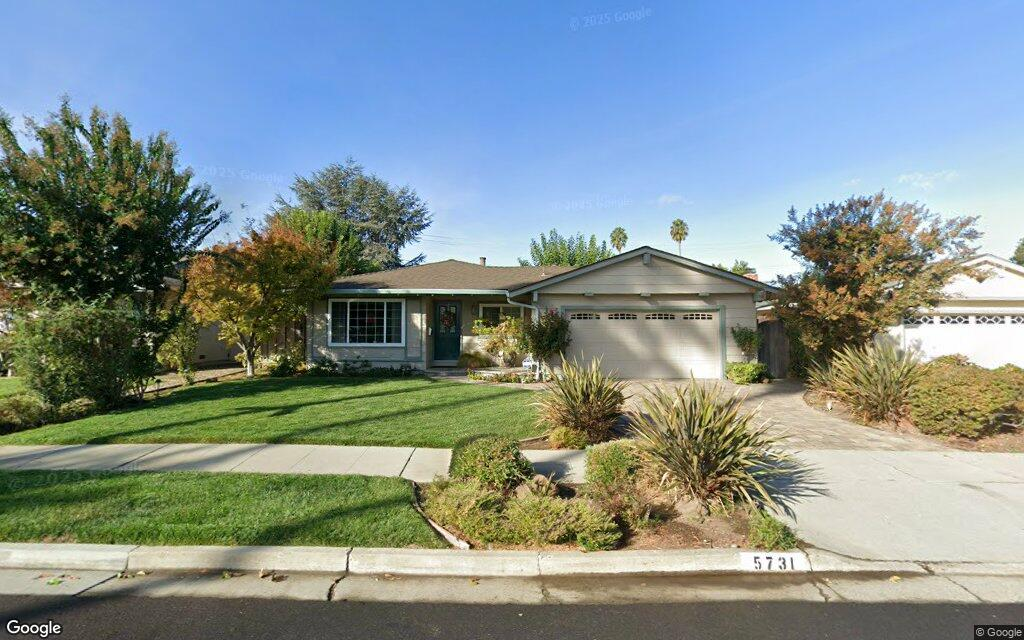You might know author Bonnie Tsui as one of the Bay Area’s leading outdoor writers following the release of her nonfiction book “Why We Swim” in 2020. Or maybe you’ve read her gorgeous 2021 essay meditating on surfing at civil dawn, that time of day just before daybreak, or her earlier book, “American Chinatown.”
The Berkeley resident’s new book “On Muscle: The Stuff That Moves Us and Why It Matters” (Algonquin Books, $29), which hit bookstores April 22, shares stories, ideas and the science behind the easy-to-overlook physiological workhorses that are our muscles. From interviewing Jan Todd, the first woman to lift Scotland’s legendary Dinnie Stones in 1979, to jumping in with a Double Dutch club in Washington, D.C., to witnessing a 50-mile trail run through a Nevada desert, Tsui pairs remarkable stories from the sports and fitness world with her own childhood experiences with her fitness enthusiast and artist father.
We recently chatted with her to learn more about her work. Responses have been edited for length and clarity.
“On Muscle: The Stuff That Moves Us and Why It Matters” by Bonnie Tsui (Algonquin Books, $29) blends science, story and memoir and was released April 22. (Courtesy Algonquin Books)
Q: What got you inspired to do this deep dive on muscles, of all things?
A: My family upbringing was steeped in exercise, art and muscle. After “Why We Swim,” I started having conversations with my editor and my agent and the word “muscle” came up. It just felt right. As a subject, it was something that many people think they understand, because it’s such an essential, basic thing in our lives, and yet we take it for granted. It’s so rich for examination. In terms of it being something that I could look at across so many disciplines in such a multi-disciplinary, multifaceted way, it was fascinating for me to be curious about it from a scientific, cultural, societal, literary, artistic, sports and personal perspective.
Q: The book includes the stories of some really interesting people, including Jan Todd, who lifted legendary stones in Scotland, and Ku Stevens, who organized a series of 50-mile Remembrance Runs to honor the survivors and victims of Native American boarding schools. What was the most surprising or interesting thing you learned from them?
A: Jan Todd and Ku Stevens are two remarkable humans. I was so grateful and delighted to get to know them. Jan is a pioneer power lifter, sports academic and historian. She gave me that foundation that helped me to understand that this was a book. She started doing all of this before Title IX, and what she has been able to witness in her lifetime is extraordinary. For instance, she said that it used to be that they thought women were a third as strong as men. Then they thought they were half as strong. The point is that women just keep surprising people because they haven’t had the same opportunities. They just haven’t been doing this (lifting) for as long.
Q: A big part of the book is your storytelling about you and your relationship with your dad, and how his relationship to exercise and fitness shaped your own feelings. What did you learn while reporting for this book that changed or complicated those ideas?
A: I started writing this book in the pandemic, when we couldn’t see people, and we couldn’t travel and do so many things. My father lives in China, which was among the first to shut down and the last to open up, and I did not know when I was going to see him again in person. It was a way for me to have something to talk to him about. One of the amazing things about muscle is that it’s so adaptable and is always changing. And I think from a philosophical standpoint, it allowed me to extend to him a bit more grace. Maybe we’re both stretching, and that’s OK. I just listened to myself say, “stretch.” Another observation in the book is that our language says so much about how muscle is so integrated into our lives.
Q: After researching and thinking about muscles so thoroughly, what changes are you making to your own exercise routines?
A: I’m sure you’re seeing everywhere this new emphasis, in terms of health and medical advice now, on lifting heavy. That is definitely something that has hit the zeitgeist. After what I’ve learned, I 100,000,000% agree with that because we know so much about muscle loss as we age — and that starts in our 30s. We don’t want to think about it, but the science is pretty clear that you have to be paying attention to your muscular strength and mass as you’re maintaining it, and gaining it as much as possible as you age through adulthood and into later life.
The science also shows how connected our cognitive health is to our muscles, because our muscles are always talking to our brains in fascinating ways. For instance, muscle mass is correlated with brain mass.
To answer your question, I am lifting a lot more weight. But you don’t have to spend the entire day at the gym. It’s something that you can fold into your routine. What I want people to take away is that it can be fun. It can be something you do with your friends. And it is an investment in your health today and in your future.
Q: So is that your big takeaway from the book?
A: It’s that, and also that muscle is for them (the readers). It’s not just for bodybuilders. It’s not just for someone who looks like Arnold Schwarzenegger or the Incredible Hulk. Muscle is potential and strength and owning your own strength.
Q: What are your favorite places to work out in the Bay Area?
A: I swim at the Albany Aquatic Center pool. I surf at Pacifica or Ocean Beach when it’s playful and not terrifying, or up in Bolinas. And I’ve been training at the gym in West Oakland.
Q: What did writing this book look like for you?
A: In the process of writing, I ran through all of the feelings and all of the themes that were in the book itself. In the early part of the book, talking about strength, it felt like a heavy lift. And then it just felt fluid. It felt joyful. It felt like the action was a self-perpetuating one, and it taught me to be more flexible in my life.
Details: “On Muscle” is in bookstores now. Bonnie Tsui is also scheduled to speak at the following California events:
6:30 p.m. April 24 at Clio’s Bookstore, 353 Grand Ave., Oakland, standing room only. Tsui will be in conversation with journalist Rachel Levin, eventbrite.com.
3 p.m. Sunday at Traveler Surf Club, 3862 Cross Creek Road, Malibu. Tsui will be in conversation with director and photographer Sachi Cunningham, $29. travelersurfclub.com.
7 p.m. April 28, Book Soup, 8818 Sunset Boulevard, West Hollywood. Tsui will be in conversation with author Charles Yu. booksoup.com.
5:30 p.m., June 3, Commonwealth Club, 110 The Embarcadero. Tsui will be in conversation with director and producer Paige Bethmann and Ku Stevens. commonwealthclub.org.
